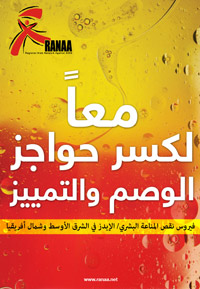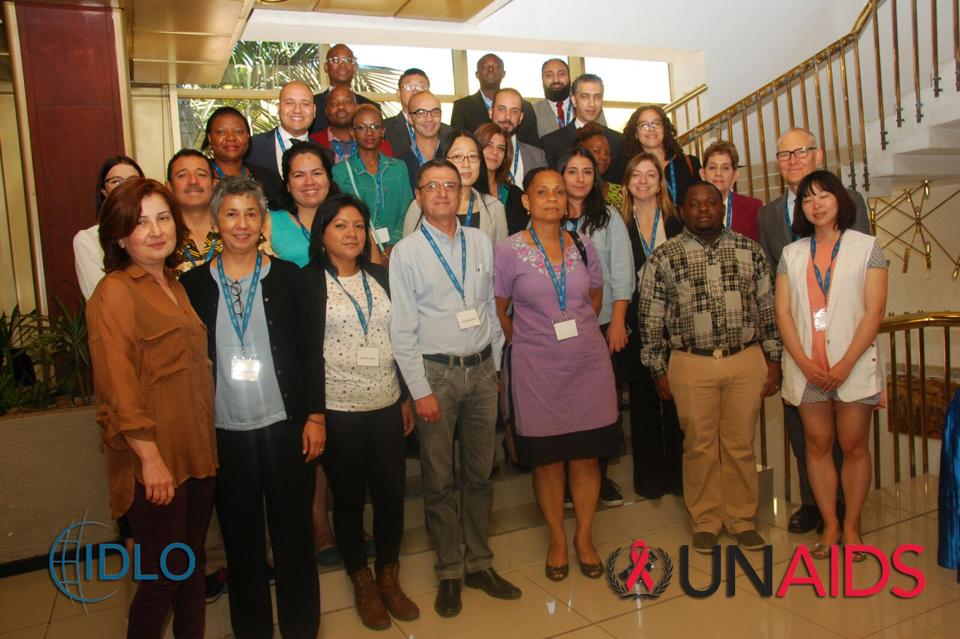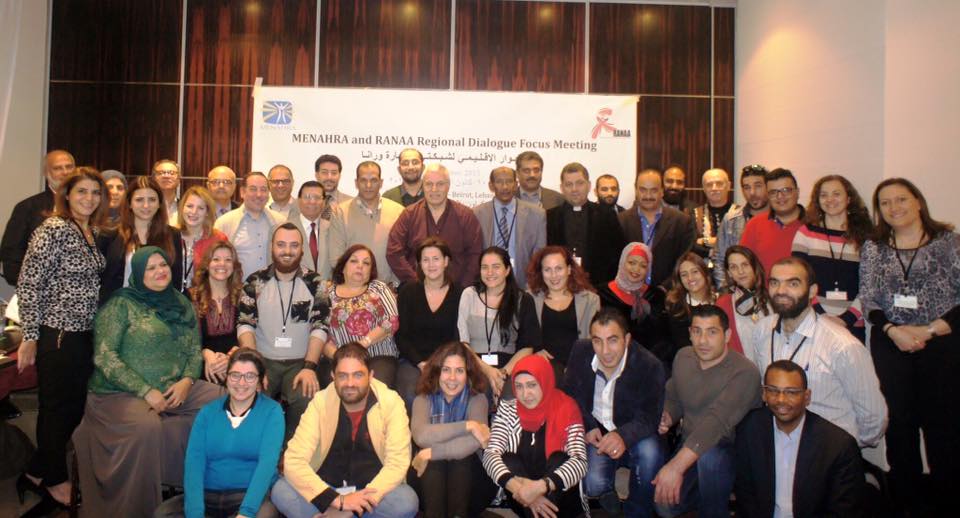A new case study documents a capacity building project in the Middle East and North African (MENA) region which successfully strengthened the involvement, care and support of people living with HIV.
In 2013, the Alliance received funding from the United States Agency for International Development (USAID) under the Management Sciences for Health (MSH)-led Leadership, Management & Governance (LMG) Project to strengthen the involvement of people living with HIV in four countries of the Middle East and North Africa (MENA) region: Algeria, Lebanon, Morocco and Tunisia.
This was the first time that nascent organisations or support groups of people living with HIV in Algeria, Lebanon and Tunisia had received regular technical and financial support from an international NGO to lead targeted HIV care and support projects, implemented by and for people living with HIV.
Over a period of three years, the Alliance provided tailored technical assistance to AMEL (Algeria), Vivre Positif (Lebanon) and GS++ (Tunisia) to build their capacity in project design and management, centred on the needs of people living with HIV, in liaison with its longstanding partners Association de Protection Contre le SIDA (APCS), Soins Infirmiers et Développement Communautaire (SIDC) and Association Tunisienne de Lutte contre les MST SIDA (ATL).
The case study documents many successful interventions, including:
In Algeria, AMEL volunteer femmes relais (‘female mediators’) oriented people living with HIV towards HIV care and support services, provided psychosocial support to women living with HIV, distributed boxes of formula milk to babies affected by HIV, and covered the costs of laboratory tests for women living with HIV.
In Tunisia, GS++ volunteer accompagnateurs socio-sanitaires (‘socio-medical escorts’) reached out to people with HIV who were lost to follow up. Through this project, people living with HIV received several care and support services: psychosocial support, social services, legal assistance and nutritional support (provided under the Global Fund grant).
In Lebanon, Vivre Positif volunteers reached thousands of young people with positive prevention and HIV-related stigma and discrimination reduction messages in schools, campuses, workplaces and public beach areas. They also ensured that people living with HIV received HIV treatment literacy education. At the health service delivery level, PLHIV project partners succeeded in raising awareness to healthcare providers about the specific needs of people living with HIV in order to reduce the level of stigma in health settings, and ensure that the necessary laboratory equipment, medications and guidelines were available to improve access and adherence to antiretrovirals (ARVs).
In Morocco, Alliance Linking Organisation AMSED led national-level advocacy activities to mobilise the national stakeholders of the HIV response towards greater and more meaningful engagement with the GIPA principal and the Positive Health, Dignity and Prevention approach. An exploratory mission on the involvement, care and support of people living with HIV within the national response and a national forum on GIPA principles resulted in clear recommendations for moving forward in this area.
The case study is intended for funders, as well as public sector policy- and decision-makers and programme managers from the civil society sector, committed to preventing HIV and improving the lives of people living with HIV in the MENA region.
The report’s findings are based on interviews with representatives of the organisations and self-support groups of people living with HIV in Algeria and a field visit to Tunisia in December 2015.








